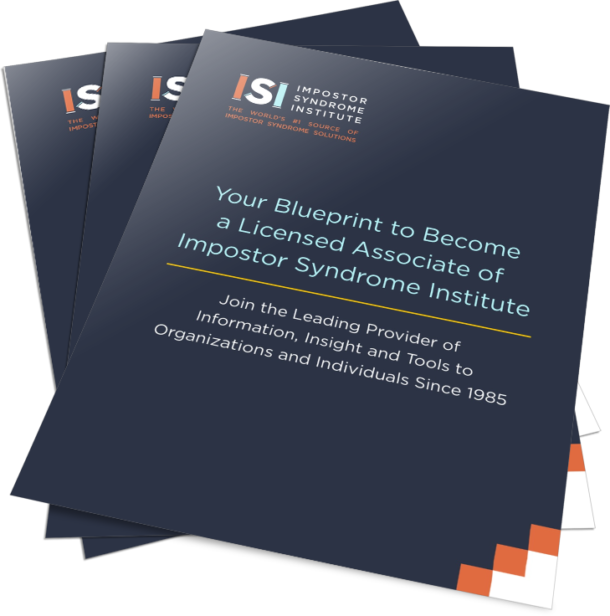A licensed therapist/executive coach insists impostor syndrome and lack of confidence in general stem from a belief of feeling unworthy.
I’m going to go out on a limb here and say, I don’t think the reason Michelle Obama identifies with impostor syndrome is because she feels unworthy. Or for that matter that…
* people who work in STEM or in creative fields who are more prone to impostor syndrome
* or students whose knowledge and intellect is literally being tested every day
* or people who work in organizational cultures that fuel self-doubt
* or anyone on the receiving end of societal stereotypes about competence and intelligence including women, people of color, first-generation students/professionals, people with disabilities, people studying or working in another culture or language, the youngest or oldest person in the room
* or people who — like the former First Lady — know the pressure of having to represent their entire group…
…feel more “unworthy” than others.
To be clear, impostor syndrome is an internal experience. But none of us exist in a vacuum. And there are, of course, people who struggle with a universal sense of unworthiness and have this habitual fear of being exposed as a fraud.
But if you’re coaching or leading people you suspect are experiencing imposter syndrome at work, school, or any other professional setting … it’s important to understand that the vast majority of people with impostor feelings have less to do with inherent unworthiness than with:
1) judging ourselves based on an unrealistic, unsustainable set of unconscious rules about what it means to be competent, coupled with
2) other pertinent realities like, for instance, medical students operating in an organizational climate where there’s a lot of shaming — or working in a creative field (writers, actors, etc.) where your efforts are judged by subjective standards by people whose job title is “professional critic” — or being the first generation in your family to go to college.
The reason you want your clients/employees/team members to understand the societal, occupational, situational, and organizational sources, is so they can personalize less and contextualize more.
So you can help them understand that the next time they are feeling unworthy and have a normal impostor moment, they can hit the pause button, then zoom out to get the bigger picture and they’ll likely see, it’s not all about them.
You are welcome to reprint this post with the bio below.



